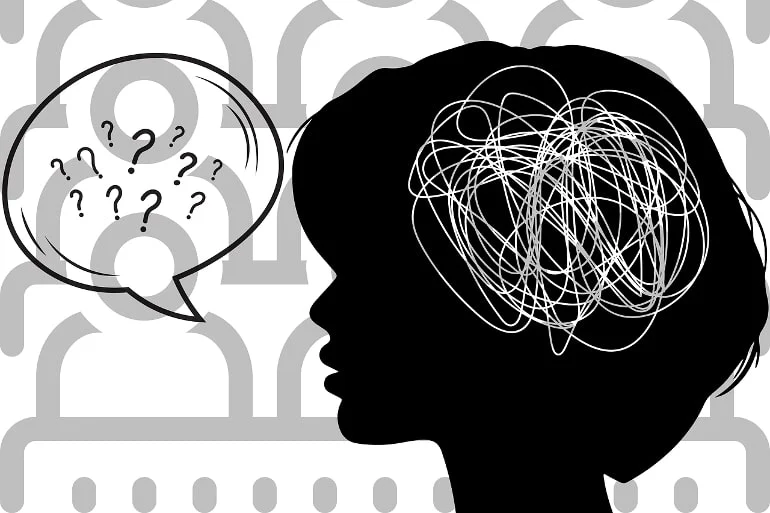Proof, Paradox, and Preservation
Jay Nam
Alzheimer’s disease
Source: Neuroscience News
Frankly, when I first started digging into the juicier topics of the logic olympiad curriculum, I thought it was quite pointless: similar subjects like algebra, calculus, and geometry seemed much more appealing to me than set theory and symbolic mathematics. And, as I began creating flashcards of Greek symbols and memorizing Finch Proofs, I couldn’t help but think, What’s the point?
Einstein once echoed a similar sentiment, “Pure logical thinking cannot yield us any knowledge of the empirical world. All knowledge of reality starts with experience and ends with it.” After a few months of learning logical thinking, I still hold some of Einstein’s beliefs but have begun to consider the opposite; in more and more contemporary issues, I can’t help but begin to see real-world issues that could be addressed through logical thinking. Many others have begun to believe and apply the same, advancing complex AIs and predictive algorithms to identify biases and develop automated trading systems. But, as a student with a greater interest in biology and chemistry rather than pure arithmetics, I saw a solution to a growing issue in the field of neuroscience that logical problem-solving could begin to address.
Alzheimer’s is projected to grow from 78 to 139 million by 2050, and, despite a global endeavor to research various pathologies and their epigenetics, the root cause and—more pertinently—cure for this neurodegenerative disease still remain an enigma. While the field of whether the benefits of logic like regular brain training and critical problem solving could prevent dementia remains relatively unexplored, I can’t help but imagine the benefits for those struggling with maintaining a grip on reality to be offered an outlet for rational and lucid contemplation.At a minimum, more cognitively active individuals have been shown to delay severe decline and an Alzheimer's diagnosis by up to five years. As a volunteer at my local hospital in Orange County, I’ve seen what this disease could do to patients and their families. It destroys, it separates, and it cripples the beauty of memories —the one eternal reminder that we carry of our loved ones. This is why I became interested in neuroscience and the reason why I write this article, memorize Greek symbols, and practice Finch proofs as painful as they might be. Logical thinking is a way to challenge and sharpen your mind, but it also allows us to hold onto those most dear to our hearts.

